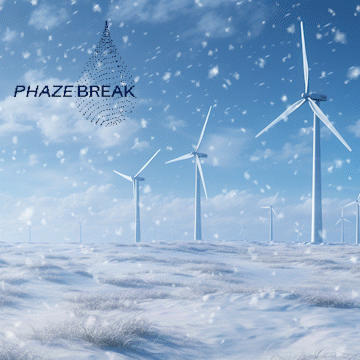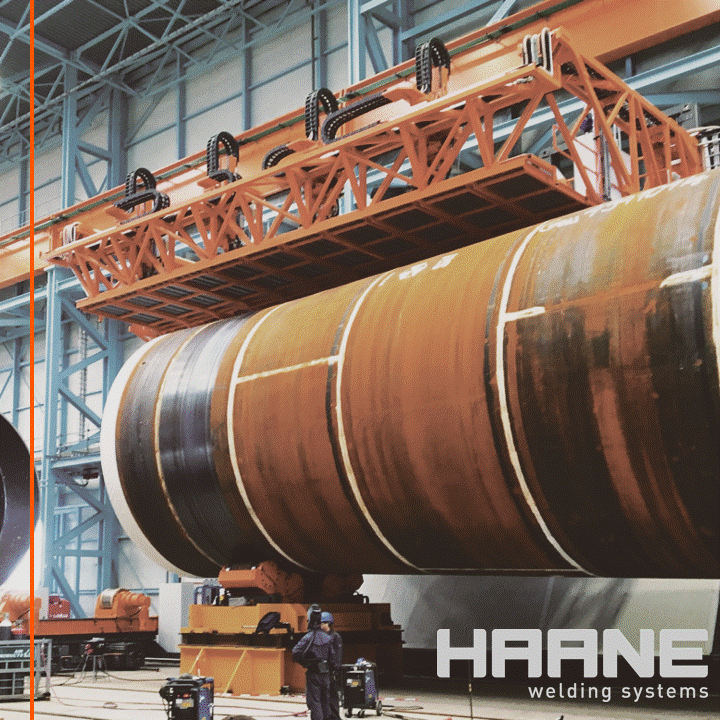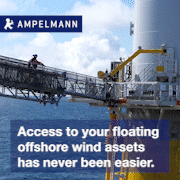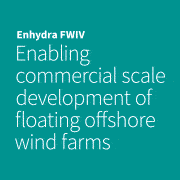Energy storage facilities are indispensable for a revolution in energy production, as they add predictability to the fluctuations of eco-power. The German government has therefore started to sponsor the development and launch of storage technologies, and have used expertise of solar equipment manufacturers to explore the possibilities. PES explains.
Any conversion to renewables is hard work. The primary requirement of eco-power is new networks, but it also needs gas stores which can cushion fluctuations in the production of solar and wind power. In Stuttgart the world’s first methane storage system will soon be connected to the network, based on electric power that generates storable methane. The project is run by a company called Solarfuel together with the Centre for Solar Energy and Hydrogen Research in Baden-Württemberg (ZSW). With 250 kilowatts of power, the system will generate 300 cubic metres per day. The gas is to be fed into the existing gas grid which supplies heating facilities, power plants and petrol stations.
“This technology can be an important module in our future energy supply, as it allows the development of enormous storage capacities,” says ZSW project engineer Andreas Brinner. German gas pipes and subterranean caverns can hold a gas volume with an energy content of 200 terawatt hours. This is roughly one third of Germany’s total energy consumption per year.
Without long-term gas stores it will be difficult to make the most of renewable sources in the future: Both solar and wind energy depend on the weather, on the seasons and on the time of day. The bigger its share in the electric power output, the greater the fluctuations of the available electricity. Gas stores can accommodate the surplus and make it available again when there is a need.
However, so-called power-to-gas facilities are only one option of storing eco-power. In July the German government launched a gas store offensive with the emphasis on four major spheres. Over the next few years 60 projects will receive state sponsorship in the areas of wind-hydro systems – which includes power-to-gas facilities – as well as batteries in distribution grids, energy system analysis and thermal gas stores. How much money will be available has not been decided yet. The German Ministry of the Environment says that the approval procedure for the project is still in progress.






























